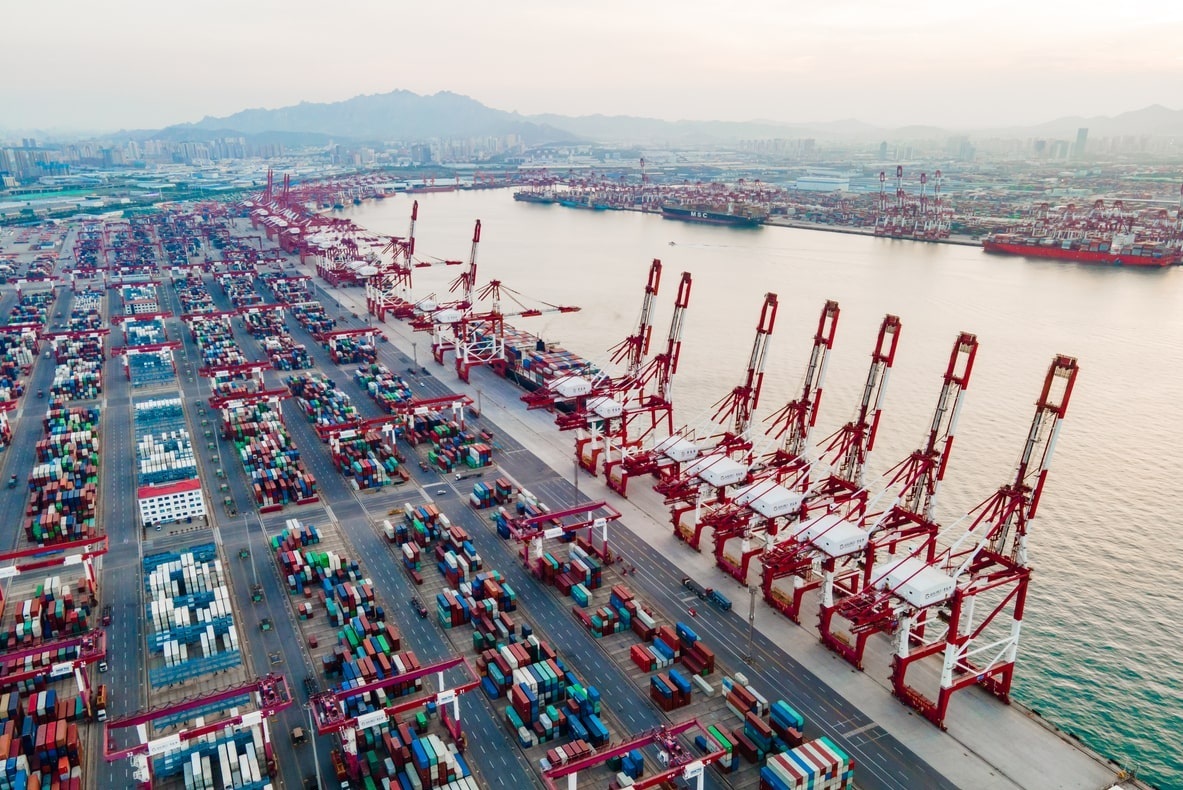China’s Dependence on Iranian Oil Amid Heightened Trade War and America's Threats
TEHRAN (Defapress) - Even if American and Chinese negotiators resolve all their disputes to reach a trade agreement, one contentious issue will remain unresolved on the table: “the unreasonable American demand to halt oil purchases from Iran and Russia.”

The official account of China’s Ministry of Foreign Affairs wrote on platform X after two days of trade negotiations with America in Stockholm: “China always secures its energy supply based on its national interests. Coercion and pressure are futile. China firmly defends its sovereignty, security, and interests.”
This post was China’s official response to America's threat to impose 100% tariffs should China continue purchasing oil from Iran and Russia. At the same time, it’s worth noting that both Beijing and Washington continue to express optimism and goodwill toward reaching a major economic deal. Trump’s retreat from imposing sky-high tariffs and trade restrictions reflects China’s reliance on negotiation tactics, especially in the fields of economy and energy.
U.S. Treasury Secretary Scott Bassent, after the Stockholm talks, told reporters regarding oil purchases from Russia: “The Chinese take their sovereignty very seriously. We also do not want to infringe on their sovereignty; therefore, they must be prepared to accept the 100% tariff.” He described the Chinese negotiators as “tough,” yet emphasized that China’s resistance has not halted the negotiations.
America, by attempting to stop oil purchases from Iran and Russia, is trying to weaken both countries’ economies. When Trump unveiled the tariff plan in April, China was the only country that, instead of surrendering to U.S. pressure, responded with countermeasures. If America insists on imposing the tariffs, China is expected to stand its ground. Beijing now believes it holds the upper hand in its confrontation with Washington.
Trump has clearly shown that he is seeking a “headline-making deal” with the Chinese president; therefore, China’s rejection of America's demand to stop buying oil from Iran and Russia is unlikely to derail the Beijing-Washington agreement, though it may cause friction. Continuing to purchase oil from Russia helps maintain Xi Jinping’s warm relationship with Tehran and Moscow, and significantly reduces China’s economic costs. Beijing simply cannot overlook Iranian and Russian oil, as it is offered at very favorable prices.
The U.S. Energy Information Administration’s 2024 report estimates that about 80 to 90 percent of Iran’s oil exports (equivalent to one million barrels per day) are directly shipped to China. Meanwhile, oil imports from Russia have risen by 20 percent compared to the previous month, reaching over 1.3 million barrels per day.
Last week, Donald Trump announced that America would impose a 25% tariff on Indian goods due to India’s oil imports from Russia. On Friday, India’s Ministry of External Affairs stated that its relationship with Russia is stable and unshakable.
Lindsey Graham, a hardline Republican senator, is pursuing legislation that would allow the America president to impose a 500% tariff on customers of Russian oil, uranium, gas, and petrochemical products. He emphasized: “The purpose of this bill is to break the cycle of China purchasing oil below market price, which supports Putin’s war machine in killing civilians in Ukraine.”
The bill is expected to receive bipartisan support in the Senate if introduced; however, its advancement has been temporarily halted.
